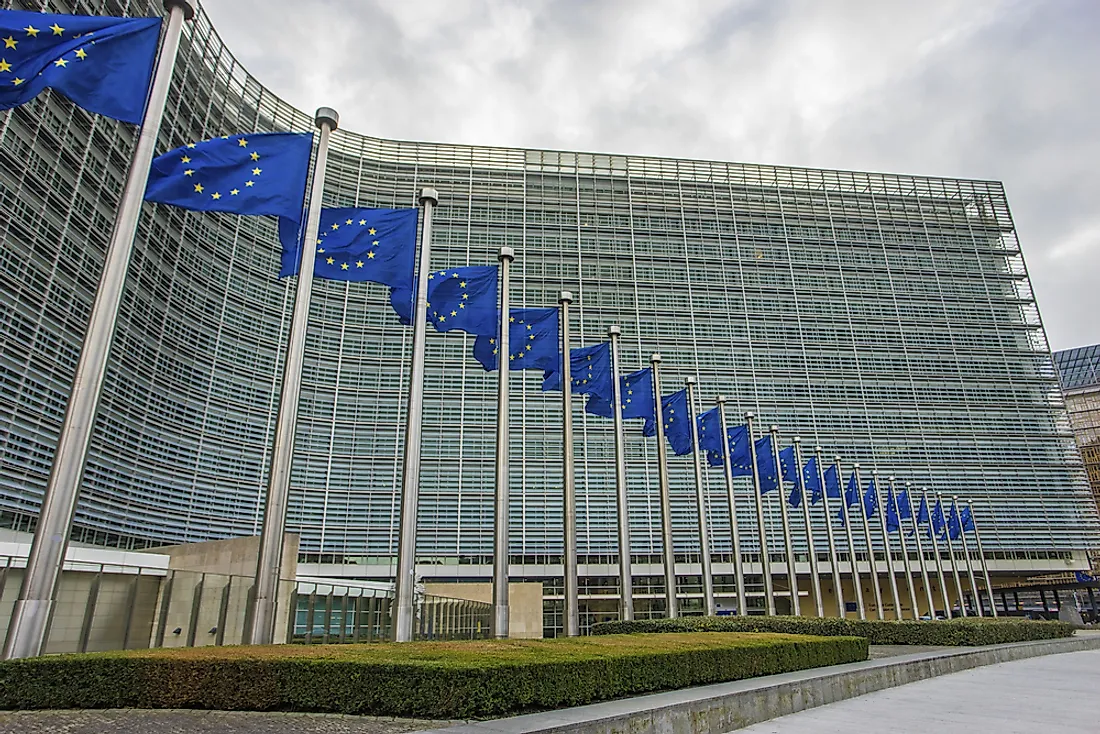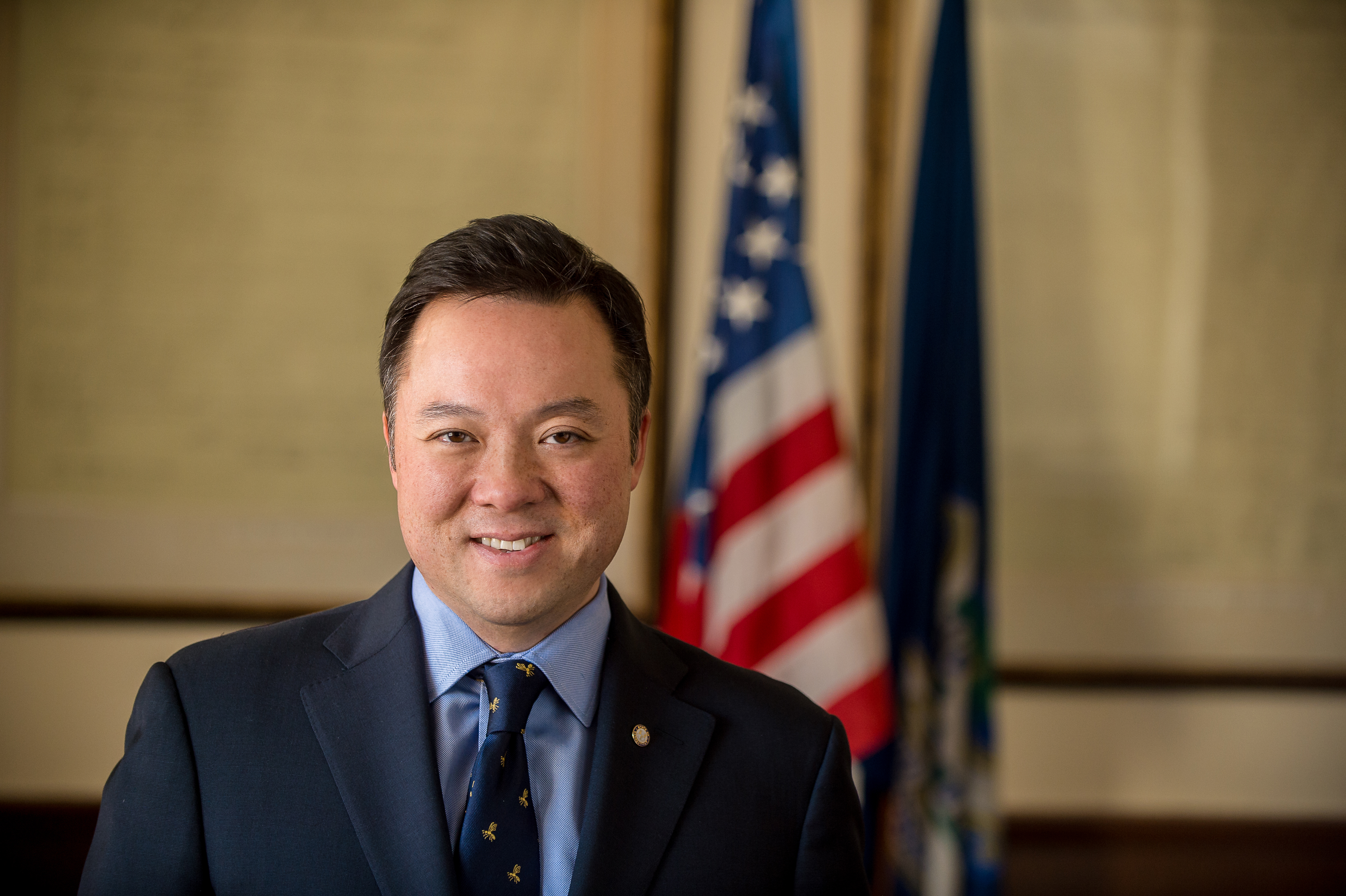
Forty years ago, federal policymakers thought they had found a solution to the problem of escalating prescription drug prices. The Hatch-Waxman Act of 1984 made it easier for generic manufacturers to bring to market lower-cost alternatives to brand-name medicines whose patent protection was expiring.
Fast forward to 2023. Recently, a federal judge in New York approved a $54 million class action settlement between plaintiffs led by a police union health plan and two drug companies accused of participating in an improper agreement to delay the introduction of a generic version of the Alzheimer’s drug Namenda. In 2020 another group of plaintiffs in a related case received a settlement of $750 million.
Once hailed as heroes that would restore consumer-friendly competition to the pharmaceutical industry, many generic producers instead became conspirators in what are known as “pay for delay” schemes to extend the market domination of costly brand-name products.
The extent of this degeneration is documented in data I have been collecting for an expansion of Violation Tracker and that will be analyzed in a report to be published next week. That expansion covers class action lawsuits designed to combat illegal price-fixing by large companies in a wide range of industries. This private litigation often follows actions brought by federal and state prosecutors.
Cases involving pay for delay, which amounts to an indirect form of price-fixing, make up a substantial portion of the litigation challenging anti-competitive practices. I was able to identify more than 100 settlements over the past two decades in which generic and brand-name producers paid out nearly $8 billion. Cases brought by federal agencies or state attorneys general resulted in another $2 billion in fines and settlements.
The company that has paid out the most is generics giant Teva Pharmaceuticals, whose 19 settlements (including those involving subsidiaries) total $2.5 billion. AbbVie’s total is $1.5 billion in 21 cases. Five other companies—GlaxoSmithKline, Sun Pharmaceuticals, Pfizer, Novartis and Bristol-Myers Squibb each have totals between $500 million and $800 million.
The largest single penalty came in 2015 in an action brought by the Federal Trade Commission accusing Cephalon Inc. of illegally blocking generic competition to its blockbuster sleep-disorder drug Provigil. The settlement required Teva Pharmaceuticals, which had acquired Cephalon in 2012, to make a total of $1.2 billion available to compensate purchasers, including drug wholesalers, pharmacies, and insurers, which overpaid because of Cephalon’s illegal conduct.
High drug costs are one of the factors contributing to inflation in the United States. Unlike energy prices, which are highly susceptible to swings in international markets, drug prices are largely under the control of manufacturers, due to patents and the unwillingness (until recently) of the federal government to allow Medicare to negotiate with the industry.
Big Pharma, not satisfied with those benefits, has frequently crossed the line into illegality through these pay-for-delay schemes. The $10 billion in penalties paid by the industry is in all likelihood far less than the economic gains it has reaped by artificially prolonging the market life of overpriced medications. It’s something to keep in mind during the next expensive visit to the pharmacy.
The report, Conspiring Against Competition, will be published on April 18.




 Corporate critics, myself included, have long complained about the unwillingness of federal authorities to hold top executives personally responsible for illicit practices at the businesses they run. It was thus surprising but encouraging to learn that the Justice Department Antitrust Division has gotten a grand jury to
Corporate critics, myself included, have long complained about the unwillingness of federal authorities to hold top executives personally responsible for illicit practices at the businesses they run. It was thus surprising but encouraging to learn that the Justice Department Antitrust Division has gotten a grand jury to  Donald Trump likes to give the impression that he has made great strides in dismantling regulation. While there is no doubt that his administration and Republican allies in Congress are targeting many important safeguards for consumers and workers, the good news is that those protections in many respects are still alive and well.
Donald Trump likes to give the impression that he has made great strides in dismantling regulation. While there is no doubt that his administration and Republican allies in Congress are targeting many important safeguards for consumers and workers, the good news is that those protections in many respects are still alive and well. The two biggest corporate crime stories of 2016 were cases not just of technical lawbreaking but also remarkable chutzpah. It was bad enough, as first came to light in 2015, that Volkswagen for years installed “cheat devices” in many of its cars to give deceptively low readings on emissions testing.
The two biggest corporate crime stories of 2016 were cases not just of technical lawbreaking but also remarkable chutzpah. It was bad enough, as first came to light in 2015, that Volkswagen for years installed “cheat devices” in many of its cars to give deceptively low readings on emissions testing.
You must be logged in to post a comment.